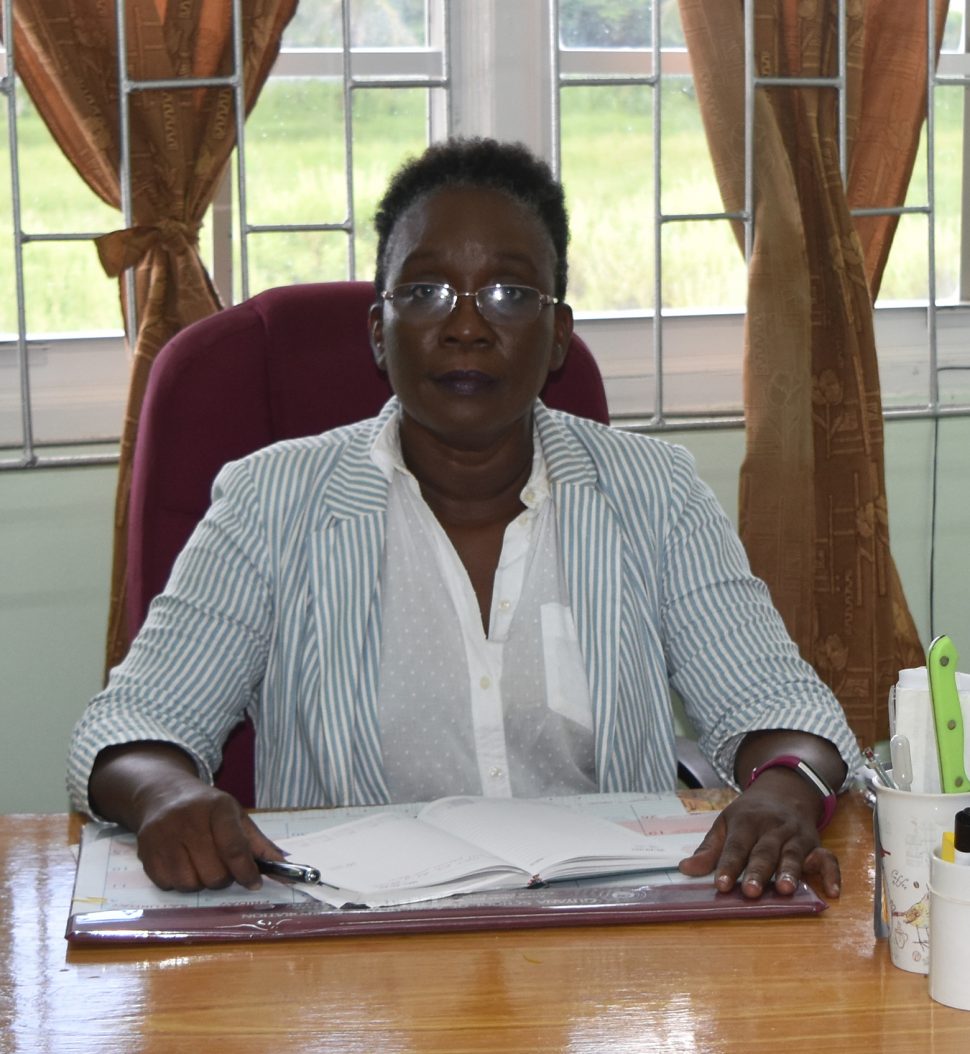In its own modest way, the Guyana School of Agriculture (GSA) continues to make a noteworthy contribution to one of the most eye-catching developments in the country’s business sector in recent years, and that is, the aggressive emergence of a new and determined generation of entrepreneurial aspirants in the country’s agro- processing sector.
The role which the GSA is playing in the sector essentially amounts to a recognition that the sustainability of an agro-processing sector that has brought an impressive amount of raw talent and entrepreneurial flair to the fore, can only be sustained and grown if those virtues are buttressed by some measure of formal learning in the discipline.
Harnessing the range of flavours and textures offered by the myriad fruit, which these days are increasingly being pressed into service by our industrious agro-processors, is only part of the job. The requirements of an increasingly demanding local and global market require that dimensions of product quality that embrace, among other things, health and safety considerations be taken account of. There has also developed within the local agro-processing community an understanding of the need for the sector to rise above the phenomenon of ‘the mango lady’. If agro-processing is to provide worthwhile jobs and if products from the sector are to be competitive on the local and international markets, then agro-processors must be sensitised to what it takes to be part of the sector beyond the trial and error approach that had informed the home-made tamarind syrups and gooseberry jams of yesteryear.
Director of the Agro Processing Department Grace Parris is one of those functionaries who brings to the table an understanding of what it takes to provide a range and quality of formal training that raises the sector to a suitably competitive level. The Certificate in Agro Processing being offered by the GSA and in which she plays a central role, arose out of the various value-added fora that had previously been convened to discuss how an industry could be built out of the creative processing of fruit and vegetables.
Parris concedes that the programme took time to catch on so that the first batch of students comprised six persons. Popular enthusiasm for agro processing however, meant that the programme eventually caught on, to the point where the GSA has established itself as the country’s leading training institution in disciplines relating to agro-processing. For Parris, the real value is the role it has played in causing local agro- processors to recognise the pursuit as one that goes beyond the domestic kitchen efforts out of which many of the current mainstream agro-processed products emerged. Perusal of the range of disciplines offered under the GSA’s Certificate in Agro Processing reveals that the programme offers both theoretical and practical exposure to Food Processing Techniques, Food Microbiology, Food Chemistry, Food Quality Standard, Sanitation & Environment, Nutrition, Food Packaging and Food Product Development, among other disciplines, aimed at raising awareness among agro-processors of the many components of what, hitherto, has been thought to be little more than a roadside vending option.
A St. Rose’s High School graduate with a BSc. in Agricultural Science from the University of Guyana and a MSc. in Agricultural Diversification from the University of the West Indies, Grace Parris has spent her working life in the sector, first at the National Agricultural Research & Extension Institute (NAREI) and afterwards at the GSA. Her own preoccupation appears to be with the creation of an enabling environment in which local agricultural produce can be pressed into service far more aggressively to create a product development culture out of which will materialise a vibrant agro-processing sector. She sees it as a mechanism for the creation of an additional sector in the Guyana economy whilst providing a well-deserved boost for the efforts of the national farming community. That is why the GSA’s interest in the sector go beyond simply delivering a curriculum. . Parris says that serious interest in the well-being of the sector has to extend into areas such as production costs, raw material availability, contracts for raw material acquisition and markets.
One of her abiding concerns is the continued absence of an agro-processing incubator, just the kind of support mechanism, she says, that will significantly enhance the pace of progress in the growth of the sector.
That, however, is not the only challenge inhibiting the growth of the sector. Just a set of louvre panes beyond Parris’ office is a display table on which several containers of a wide range of agro-produce ranging from jams and jellies to flours is displayed. The products are professionally packaged and labelled and would appear to be ready to move to supermarket shelves. The Department’s Director explained however, that the display was in fact, a sampling of students’ Final Year project outcomes submitted as a partial basis for evaluating their overall performance on the programme.
There is no telling whether these project samples will determine whether or not the students eventually find their way into the commercial pursuit of agro-processing though Parris believes that they point to potential as much as to aptitude and perhaps makes a discreet point to potential investors regarding the promise that reposes in the sector.
The Stabroek Business has undertaken to approach the students, whose project submissions were displayed in the GSA’s Agro Processing Department and whose telephone numbers were made available to us, with a view to conducting individual interviews with them.





